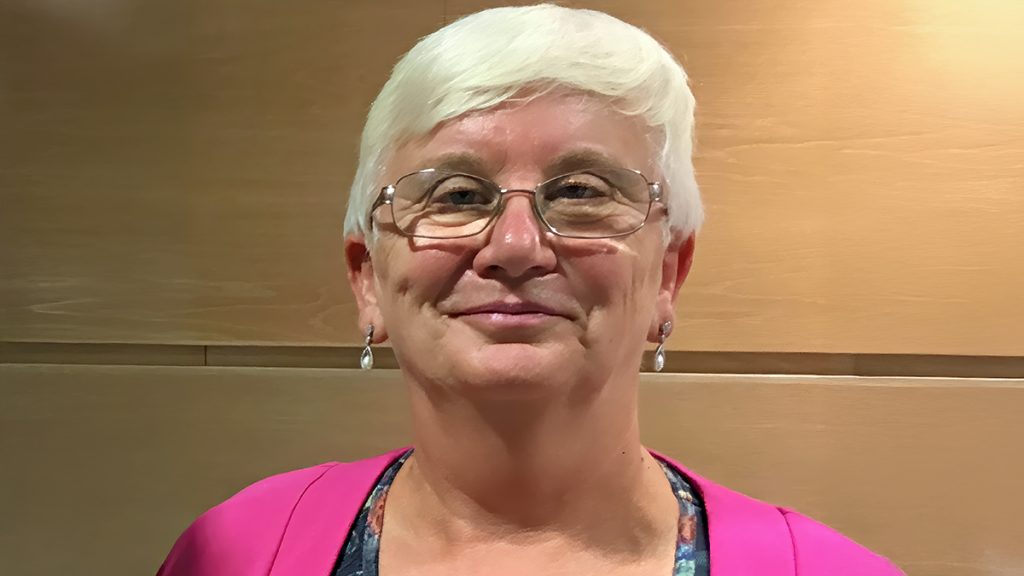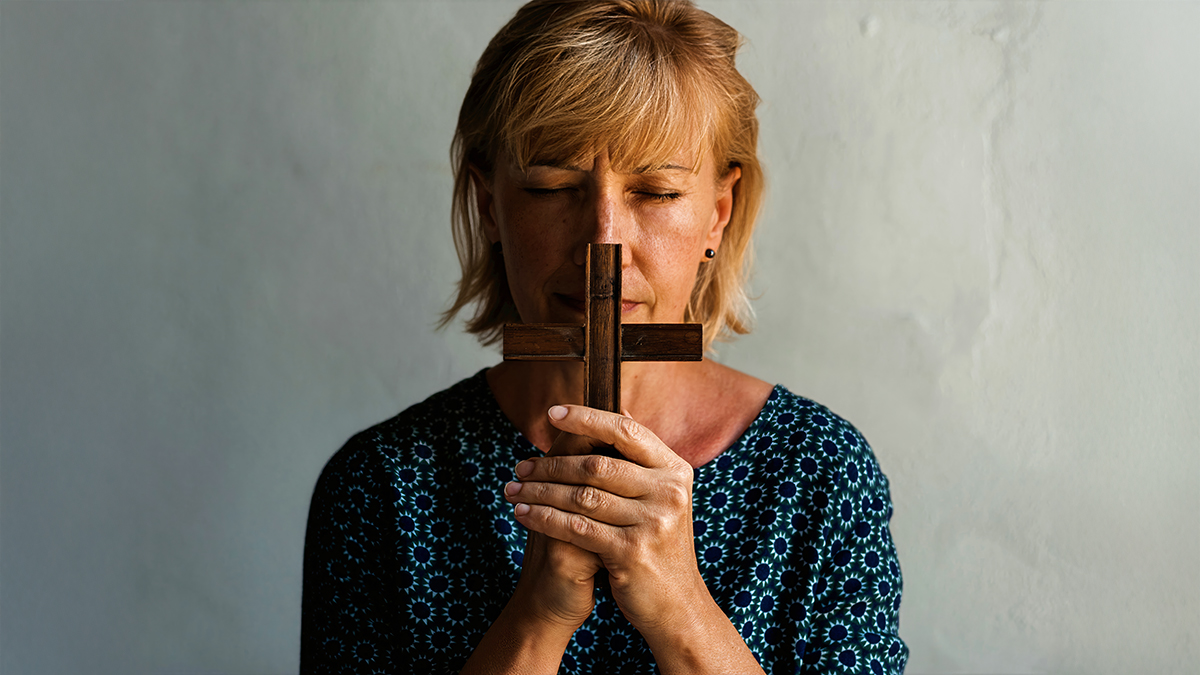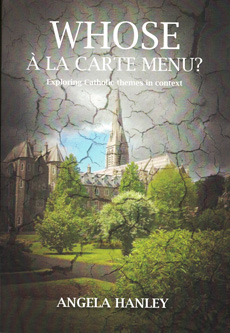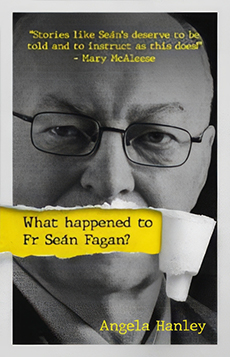Either everybody matters or nobody matters. So says one of my favourite fictional characters, detective Harry Bosch.
That everybody matters is especially relevant for synodality.
Much is made of Pope Leo’s willingness to proceed with synodality in the Church – one can almost hear the collective sigh of relief that synodality will not be consigned to the wilderness where so many good ecclesial initiatives have languished.
Faithful but forgotten: the Church’s invisible women
Yet, there is a cohort of people (and to extrapolate from my own experience), mainly women, whom synodality will ignore and whose voices will be lost to the process.
These people are deeply disillusioned with the Church. Some still attend Mass and the sacraments, but many more find they can no longer sit in a Church and listen to the exclusionary language of the lectionary.
Many find that they can no longer tolerate the priest assigned to their parish because of his fundamentalist leanings. Others have been deeply hurt in one way or another by an arrogant cleric bound with his own sense of importance or power.
While others have had to endure ignorant and oafish homilies about LGBTIQA+ issues and think about their loved family member being treated in this un-Christian way.
Disillusioned but faithful
For all the disillusionment we experience, we remain people of faith.
Others would claim that we have given in to one of the myriad “isms” that are used as a type of disguised name-calling – secularism, materialism, relativism, and so forth. It is easier to apply labels than to listen carefully.
Anyone who takes the time to listen would quickly understand that we are people of faith. We believe in the life, death and resurrection of Jesus.
We take seriously the relationship of the Trinity and what that means for our relationships with others. We hear the prophetic call to social justice in its many forms, including ecological justice.
Our faith continues
And we pray. We pray for others, we pray for ourselves, and we pray for the world.
The only difference is that we do not have a formal ecclesial home for our faith. Because of this, we have created our own ecclesial space.
We know that we need a nourishing environment so our faith will find a home.
No room in the process
Therefore, because of our willingness to stand up and stand out, there is no space in the synodal process for us.
Our voices will not be heard, even though we have something to say about exclusion, about misogyny, about abuses of power, about faith, about hope and about love.
Either everybody matters in synodality, or nobody matters.

- Angela Hanley studied theology as a mature student, graduating in 2010. In 2015 she completed a research MA on Catholic same-sex relationships. She is currently undertaking PhD studies.
- She has published many articles and two books, Whose a la Carte Menu?: Exploring Catholic Themes in Context and What happened to Fr Sean Fagan?
- Flashes of Insight is an international publication. The editorial policy is that spelling reflects the country of origin.



